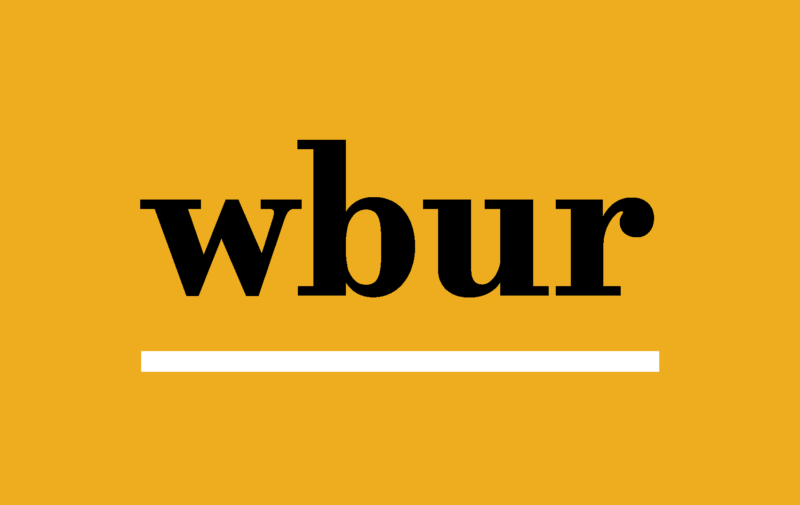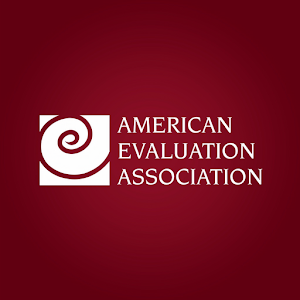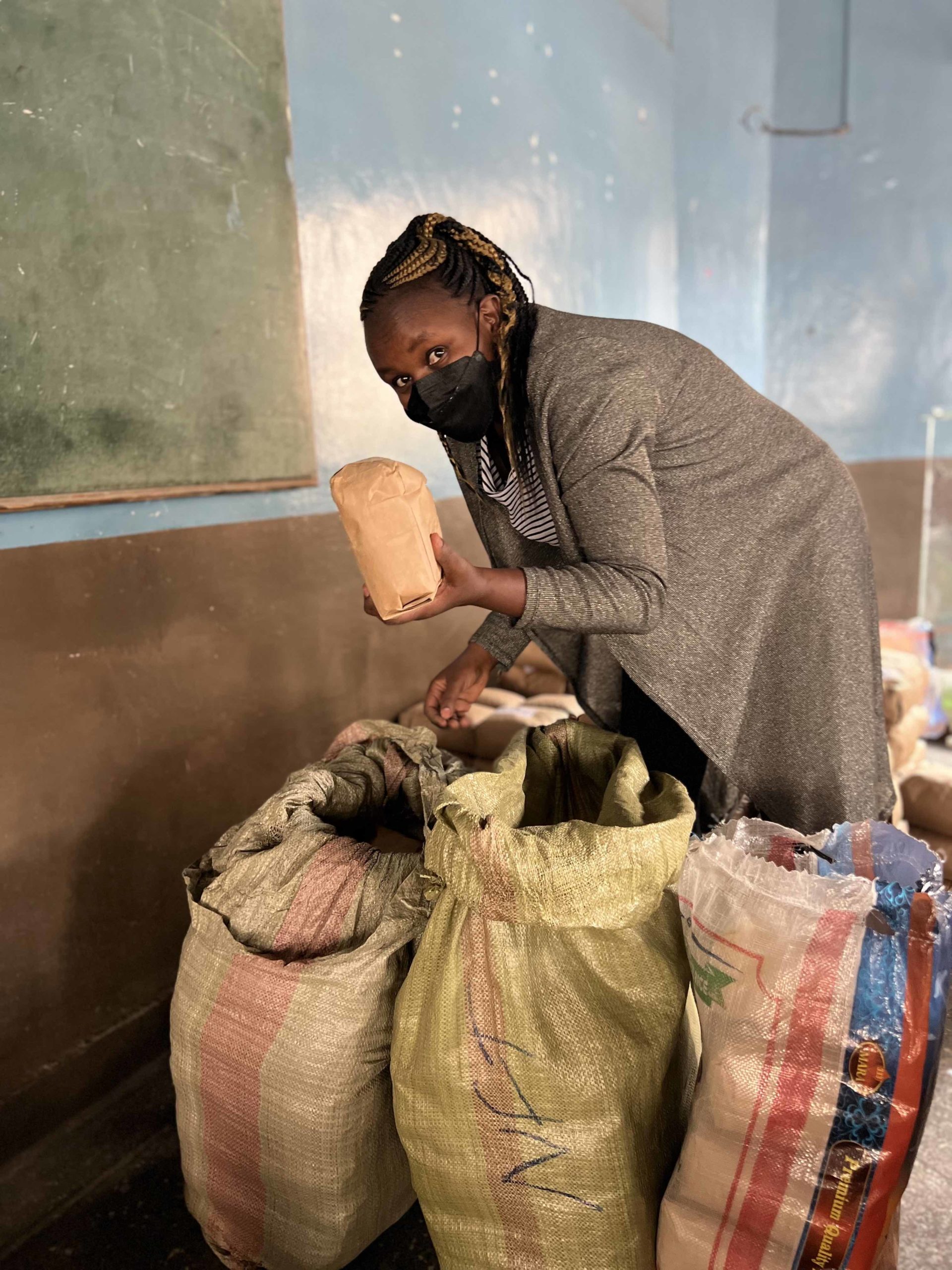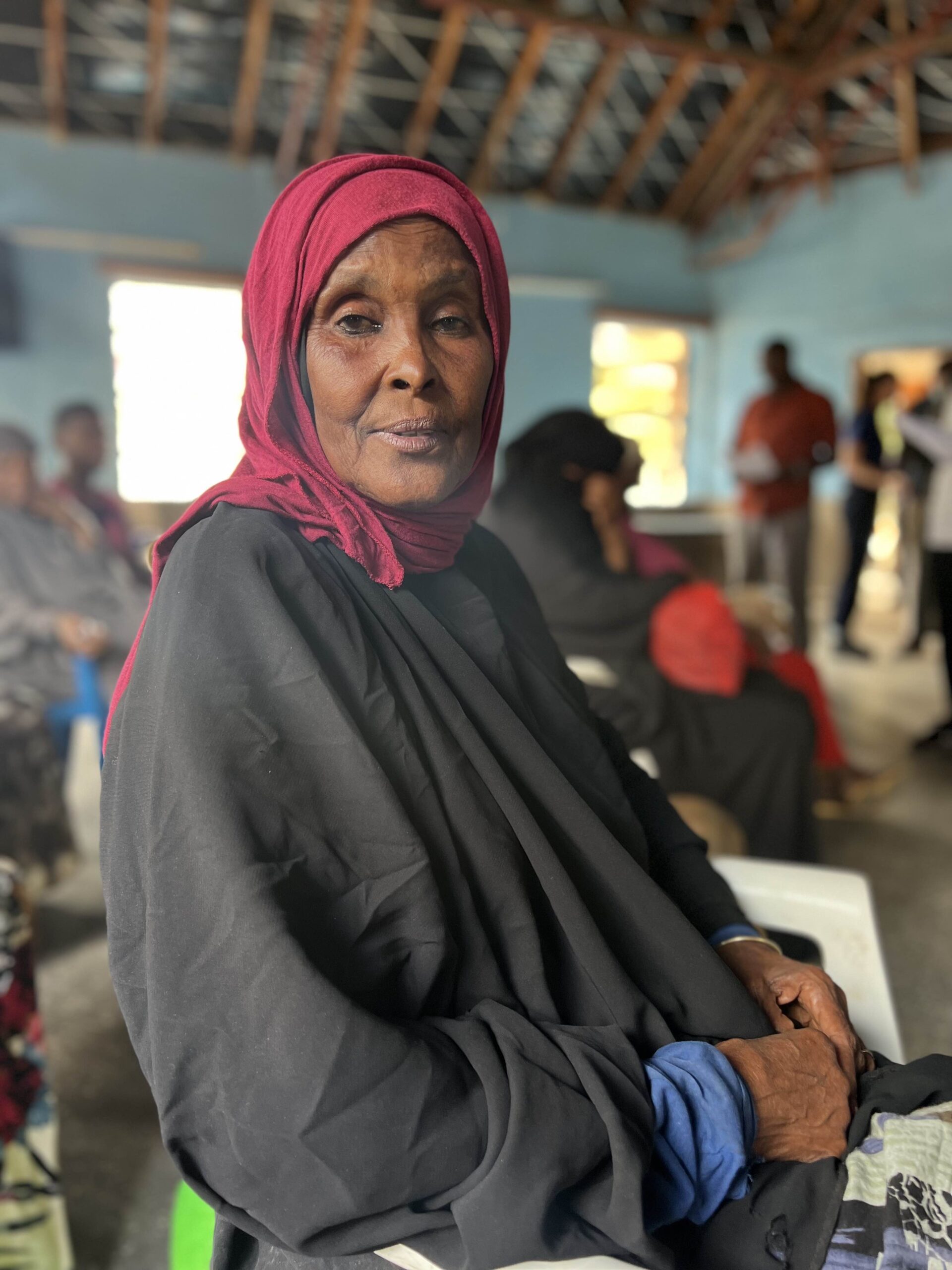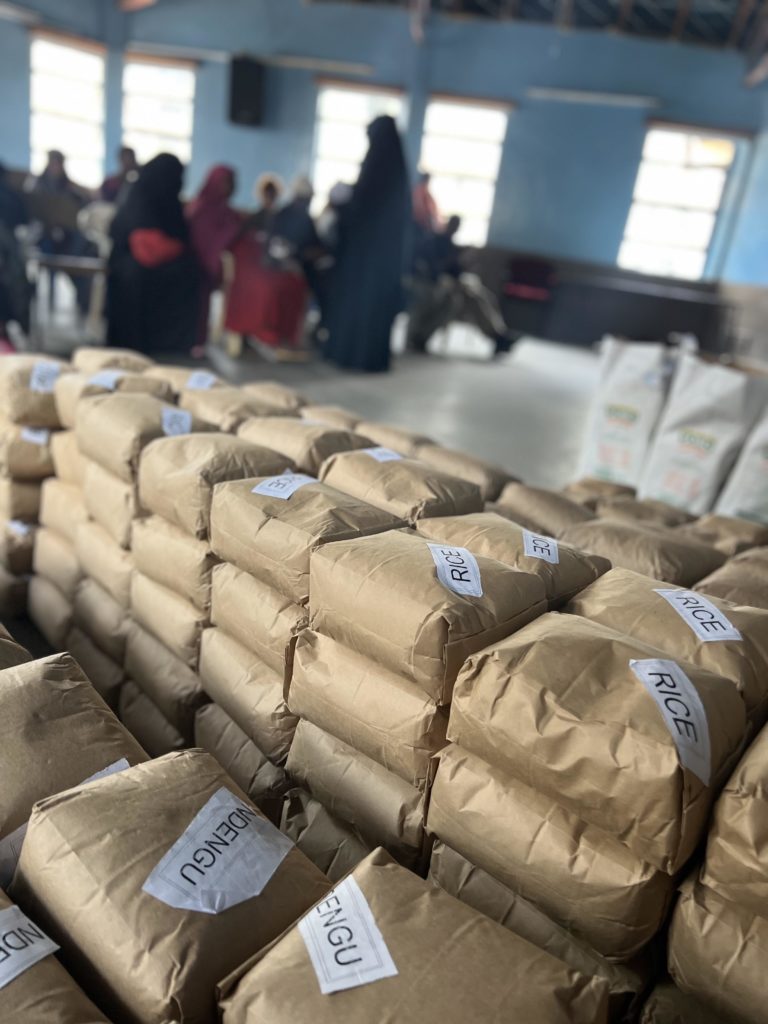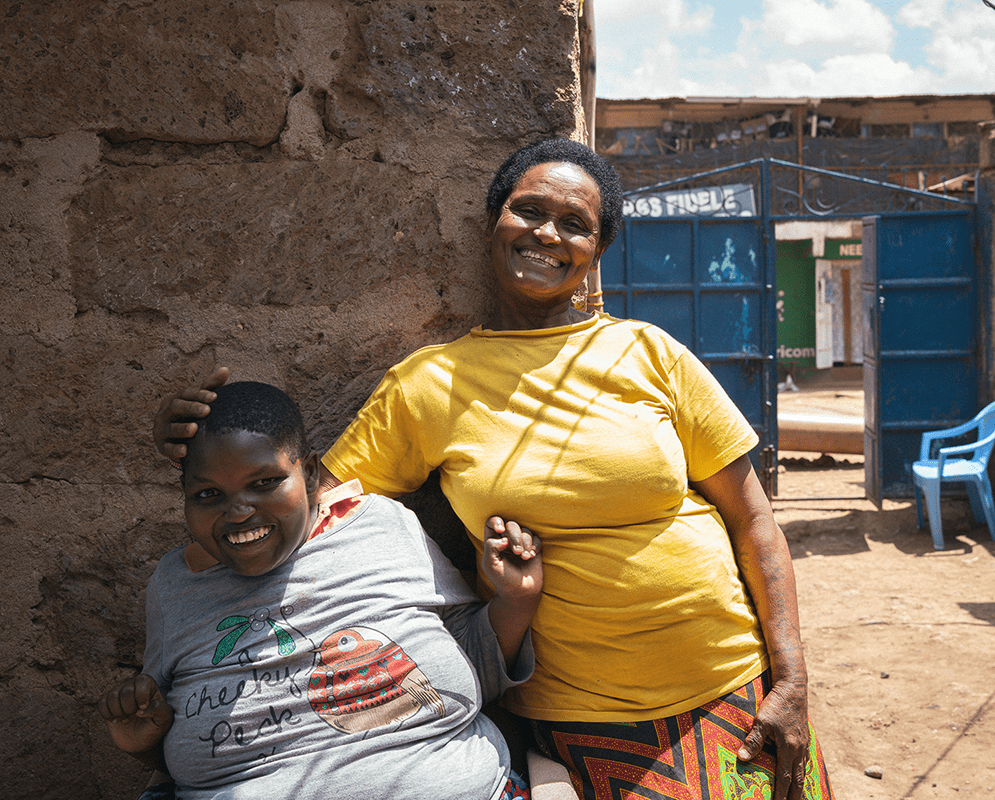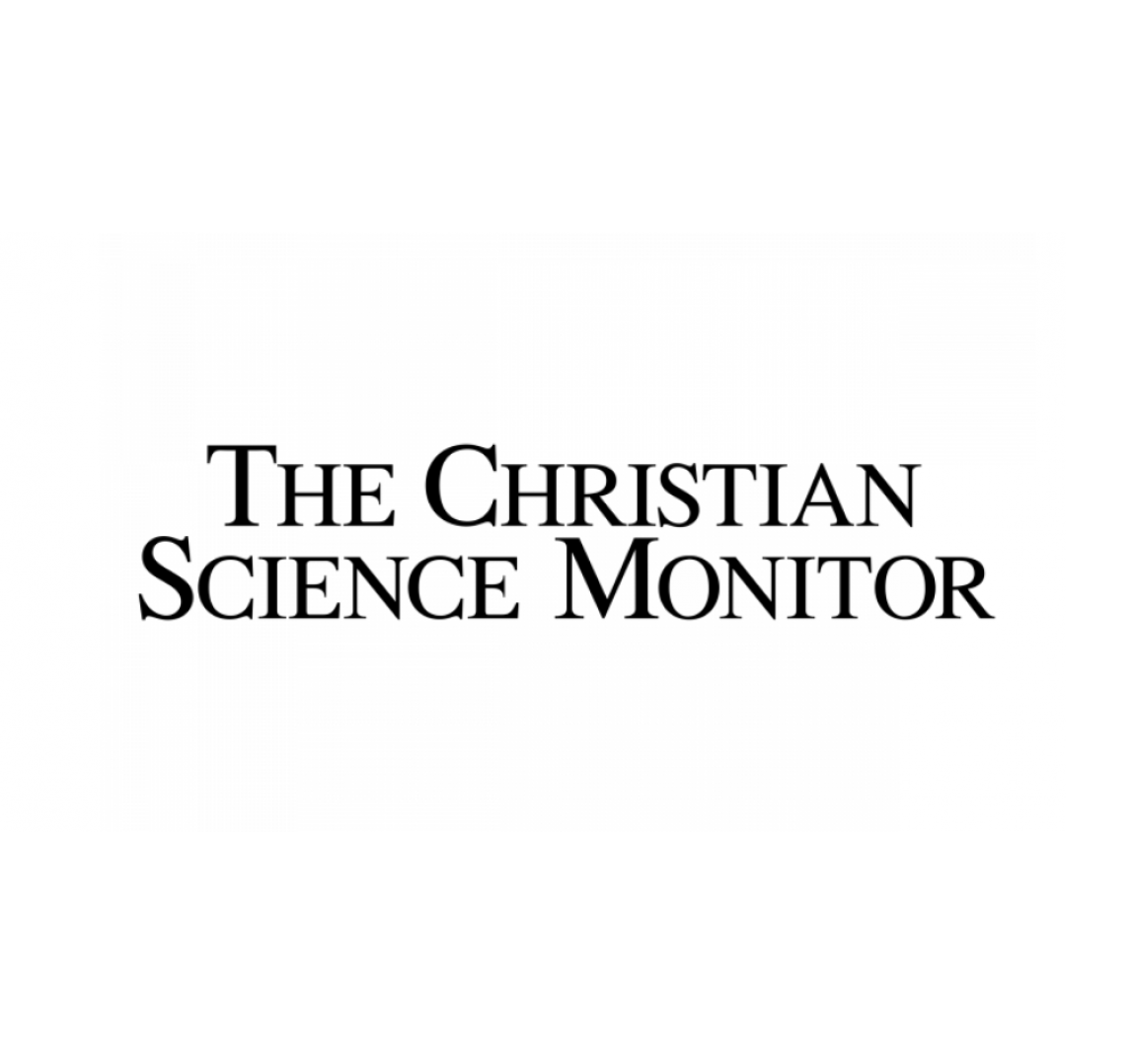
On Saturday, April 30, I joined Humaira Rasuli, a leading Afghan human rights lawyer, at the White House Correspondents Dinner in Washington, DC. Her work to advance the rights of women in Afghanistan put her life at risk when the Taliban overtook Kabul.
As we sat down, Humaira told our table about the hair-raising hours at Hamid Karzai airport in Afghanistan when she was injured during a grenade explosion, and how her family finally made it out.
She was resettled to the US through the Sponsor Circle Program for Afghans. This program, which enables Americans to sponsor Afghans, has also informed the US’s Uniting for Ukraine effort, which provides an opportunity for Americans to sponsor Ukrainians.
We had a chance to share some of Humaira’s story with Dr. Deepak Chopra, actress Drew Barrymore, and correspondents at CNN, ABC, Politico, and many others. Humaira later said that Dr. Chopra’s work has informed the trauma counseling training that she herself has received.
In addition to her ticket to the dinner, Humaira clutched in her hand a speech, and was ready to address the attendees if the opportunity arose. She is an experienced speaker on issues of human rights and recently spoke at the UN.
The evening, of course, was carefully scripted, so Humaira did not have a chance to speak. But if she had, she would have thanked the President, highlighted the dangers other human rights defenders face in Afghanistan today, talked about the brutal challenges under Taliban rule, and asked more Americans to sponsor Afghans.
Our table conversation was interrupted when Kim Kardashian and Pete Davidson swept into the room and were mobbed by a crowd next to next to us. As someone shared with Humaira who they were, my immediate thought went to Armenia, (Kim Kardashian is of Armenian descent) and the genocide there more than 100 years ago.
That might sound like an unusual association, but the day before I had given a speech about refugees on Holocaust Remembrance Day. It’s not only memory that is critical, I had said, but recognizing and acting to prevent modern-day genocide and atrocities in Afghanistan, Syria, Congo, Darfur, Myanmar, Ukraine, and other places where unspeakable tragedies are unfolding.
Humaira now has a new home for her family, which includes her two boys, a middle-schooler and high-schooler, and her husband, who is a doctor. Her sponsor circle formed in association with William and Mary Law School in Williamsburg, Virginia, where Humaira is now a visiting scholar. She’s focused on supporting others in danger in Afghanistan, and doing all she can to make sure America does not forget about her country.

On Saturday, April 30, I joined Humaira Rasuli, a leading Afghan human rights lawyer, at the White House Correspondents Dinner in Washington, DC. Her work to advance the rights of women in Afghanistan put her life at risk when the Taliban overtook Kabul.
As we sat down, Humaira told our table about the hair-raising hours at Hamid Karzai airport in Afghanistan when she was injured during a grenade explosion, and how her family finally made it out.
She was resettled to the US through the Sponsor Circle Program for Afghans. This program, which enables Americans to sponsor Afghans, has also informed the US’s Uniting for Ukraine effort, which provides an opportunity for Americans to sponsor Ukrainians.
We had a chance to share some of Humaira’s story with Dr. Deepak Chopra, actress Drew Barrymore, and correspondents at CNN, ABC, Politico, and many others. Humaira later said that Dr. Chopra’s work has informed the trauma counseling training that she herself has received.
In addition to her ticket to the dinner, Humaira clutched in her hand a speech, and was ready to address the attendees if the opportunity arose. She is an experienced speaker on issues of human rights and recently spoke at the UN.
The evening, of course, was carefully scripted, so Humaira did not have a chance to speak. But if she had, she would have thanked the President, highlighted the dangers other human rights defenders face in Afghanistan today, talked about the brutal challenges under Taliban rule, and asked more Americans to sponsor Afghans.
Our table conversation was interrupted when Kim Kardashian and Pete Davidson swept into the room and were mobbed by a crowd next to next to us. As someone shared with Humaira who they were, my immediate thought went to Armenia, (Kim Kardashian is of Armenian descent) and the genocide there more than 100 years ago.
That might sound like an unusual association, but the day before I had given a speech about refugees on Holocaust Remembrance Day. It’s not only memory that is critical, I had said, but recognizing and acting to prevent modern-day genocide and atrocities in Afghanistan, Syria, Congo, Darfur, Myanmar, Ukraine, and other places where unspeakable tragedies are unfolding.
Humaira now has a new home for her family, which includes her two boys, a middle-schooler and high-schooler, and her husband, who is a doctor. Her sponsor circle formed in association with William and Mary Law School in Williamsburg, Virginia, where Humaira is now a visiting scholar. She’s focused on supporting others in danger in Afghanistan, and doing all she can to make sure America does not forget about her country.
